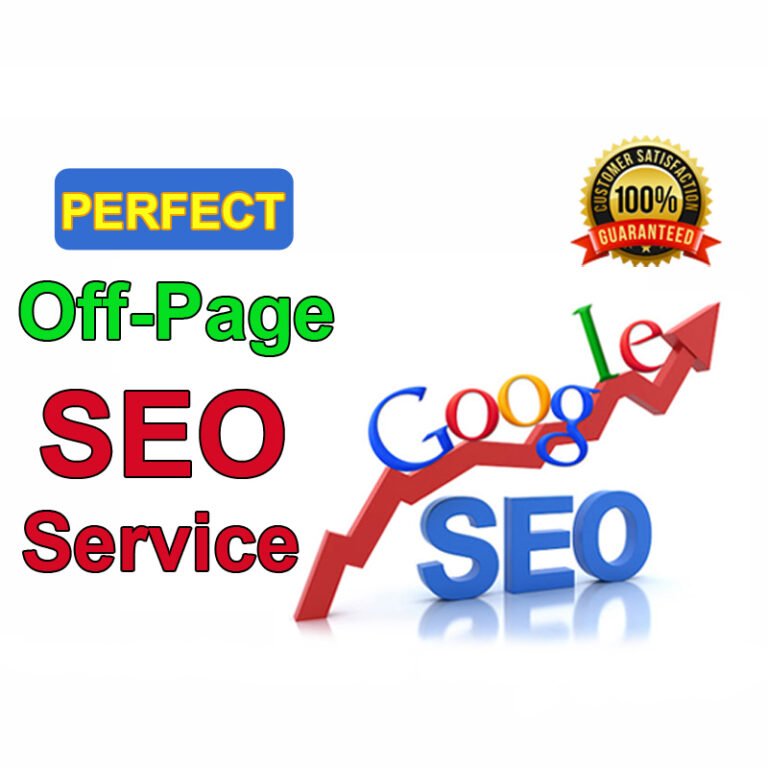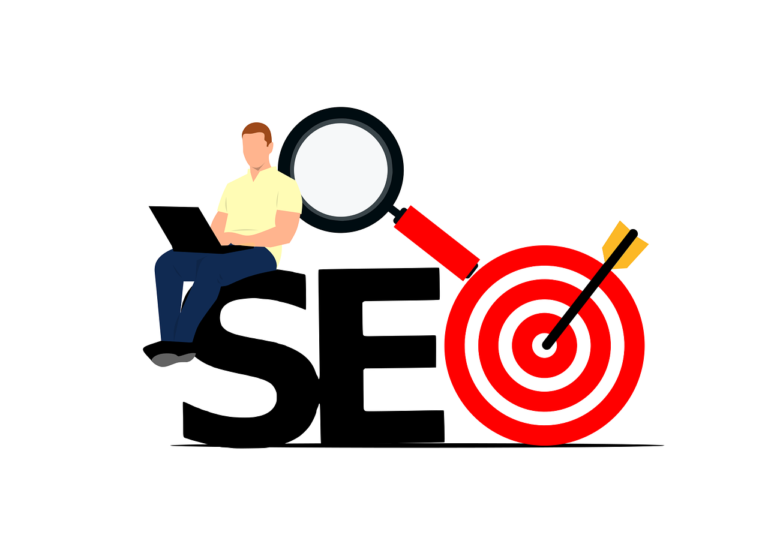The Dynamic Synergy of WordPress in Web Development
Introduction: In the ever-evolving landscape of the digital era, having a robust online presence is paramount for individuals and businesses alike. One of the most popular and versatile platforms for achieving this is WordPress. In this blog post, we will delve into the world of WordPress and its symbiotic relationship with web development, exploring the reasons behind its widespread adoption and its impact on shaping the digital realm.
I. Understanding WordPress: A. Overview: WordPress is a content management system (CMS) that allows users to create and manage websites easily. It was initially launched in 2003 as a blogging platform but has since evolved into a full-fledged CMS powering a significant portion of the internet.
B. Open Source Nature: One of the key factors contributing to WordPress’s success is its open-source nature. This means that the source code is freely available for anyone to use, modify, and distribute. The open-source community has played a crucial role in its development, fostering innovation and ensuring continuous improvement.
C. User-Friendly Interface: WordPress boasts a user-friendly interface that makes it accessible to users with varying levels of technical expertise. The intuitive dashboard, drag-and-drop functionality, and a vast library of plugins simplify the website development process, empowering users to create and maintain their sites without extensive coding knowledge.
II. WordPress and Web Development: A. Themes and Customization: WordPress offers a plethora of themes – pre-designed templates that determine a website’s look and feel. These themes can be easily customized to align with specific branding requirements. Additionally, developers can create custom themes tailored to unique design preferences, ensuring a distinctive online presence.
B. Plugins and Functionality: The real power of WordPress lies in its extensive library of plugins. These are add-ons that enhance the platform’s functionality. From SEO tools and e-commerce solutions to social media integrations and security features, plugins allow developers to extend WordPress capabilities, providing a tailored experience for site visitors.
C. Responsive Design: With the increasing prevalence of mobile devices, having a responsive website is crucial. WordPress facilitates responsive design, ensuring that websites automatically adjust to different screen sizes. This not only improves user experience but is also a key factor in search engine optimization (SEO).
III. SEO-Friendly: A. Content Optimization: WordPress is inherently SEO-friendly, with features like customizable permalinks, easy content updates, and image optimization. The platform’s clean code structure and the ability to integrate SEO plugins contribute to improved search engine rankings.
B. Regular Updates and Security: WordPress prioritizes security and regularly releases updates to address vulnerabilities. Its large user base ensures a vigilant community that actively identifies and resolves security issues. Additionally, users can implement security plugins to fortify their websites against potential threats.
Conclusion: WordPress has emerged as a powerhouse in the realm of web development, offering a versatile and accessible platform for individuals and businesses to establish and maintain their online presence. With its open-source nature, user-friendly interface, and a vast ecosystem of themes and plugins, WordPress has become a go-to choice for developers and non-developers alike. As technology continues to advance, the symbiotic relationship between WordPress and web development is poised to shape the digital landscape for years to come. Whether you’re a seasoned developer or a newcomer to the online world, WordPress provides the tools and flexibility needed to bring your digital vision to life.
What is the difference between WordPress.org and WordPress.com?
WordPress.org and WordPress.com are two distinct platforms that serve different purposes, despite sharing the WordPress name. Here are the key differences between the two:
- Hosting:
- WordPress.org: Often referred to as the self-hosted WordPress, this version allows you to download and use the WordPress software freely. However, you need to find a hosting provider to host your website. This gives you more control over your site, including the choice of hosting provider, server configuration, and access to the site’s files and database.
- WordPress.com: This is a hosting platform where WordPress takes care of hosting your website. You can sign up, choose a plan (there’s a free plan and various paid plans with additional features), and start building your site without worrying about hosting infrastructure. It’s a more straightforward option for beginners who don’t want to deal with the technical aspects of hosting.
- Domain Name:
- WordPress.org: You have the flexibility to choose and register your own domain name. This is the web address that users will use to access your site (e.g., www.yourwebsite.com).
- WordPress.com: With the free plan, your domain will include “wordpress.com” in it (e.g., www.yourwebsite.wordpress.com). If you upgrade to a paid plan, you can use your own custom domain (without the “wordpress.com” extension).
- Customization and Control:
- WordPress.org: This version provides more flexibility and control over your website. You can install custom themes and plugins, edit the site’s code, and have complete control over the design and functionality of your site.
- WordPress.com: While there are customization options available, they are more limited compared to the self-hosted version. On the free plan, you have fewer theme options, and you can’t install custom plugins. If you upgrade to a paid plan, you get more customization options, but it’s still more restricted compared to WordPress.org.
- Monetization:
- WordPress.org: You have the freedom to monetize your site in any way you choose. This includes running ads, using affiliate marketing, or selling products and services.
- WordPress.com: Monetization options are limited, especially on the free plan. If you want to run ads or use other monetization methods, you’ll need to upgrade to a paid plan.
- Maintenance and Updates:
- WordPress.org: You are responsible for the maintenance and updates of your site, including updating the WordPress core, themes, and plugins. However, this also means you have full control over when and how you perform these updates.
- WordPress.com: WordPress.com takes care of updates and maintenance, ensuring that your site is running the latest version of WordPress. This is convenient for users who don’t want to deal with technical aspects but may mean less control over the timing of updates.






